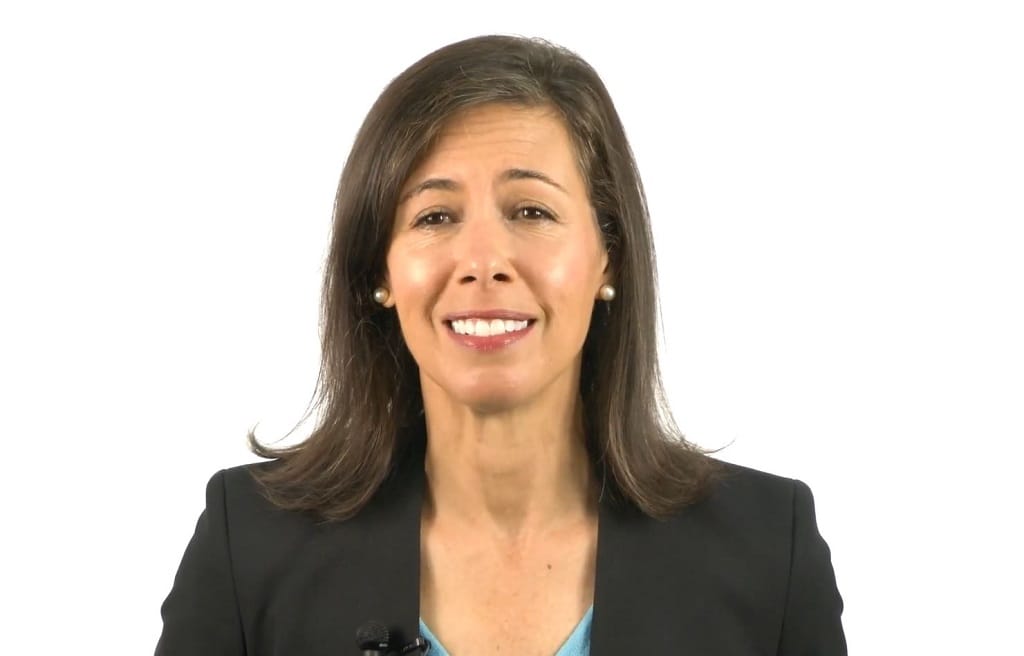FCC Votes on Proposals Ranging From Emergency Response to SIM Swap Fraud in Open Meeting
The agency held an open meeting Thursday to hammer out votes on a range of issues.

WASHINGTON, September 30, 2021 — The Federal Communications Commission voted in an open meeting Thursday on several items, including expanding the E-Rate program and addressing SIM swap fraud and robocalls.
The commission voted to increase backup power to networks in case of emergencies and natural disasters and update outage reporting requirements. This follows an aggressive response from the agency during Hurricane Ida. The federal government lost $284 million of productivity during the winter storms last year.
Targeting robocalls from overseas, the FCC passed a set of rules for gateway voice service providers. Gateway providers will be asked to block calls from numbers the FCC lists, to authenticate caller ID and to submit to the FCC a certification of the practices they are using to block robocalls. This follows the June 30 deadline for large voice service providers to implement the STIR/SHAKEN regime, which requires telecoms to work to limit robocalls and ID spoofing or face fines and penalties.
In an effort to reduce SIM swapping and port-out fraud, rules were proposed which would require carriers to adhere to a set of secure methods of authenticating the identity of a customer before moving a customer’s phone number to another carrier or device.
SIM swapping is the act of identity theft whereby a person convinces a wireless carrier to transfer a victim’s cell service into the thief’s possession. Port-out fraud is when the thief creates an account with a new carrier and convinces the victim’s carrier to port out the victim’s service to the new carrier.
The notice also proposes that customers be alerted immediately whenever a SIM change or port request is made under a customer’s identity and account. FCC Acting Chairwoman Jessica Rosenworcel quoted senator Ron Wyden, D-Oregon, stating that “consumers are at the mercy of wireless carriers when it comes to being protected against SIM swaps.”
The FCC also updated the definition of library to include tribal libraries for use with their E-rate program, following a 2018 law from Congress. Many tribal libraries under the law were excluded from the program, which subsidizes broadband for schools and libraries, for over 20 years. Only 15 percent of tribal libraries reported having received E-Rate support.
The FCC also adopted and made transparent a series of questions that will be asked of foreign-owned companies wishing to participate in the US telecommunications market.
Questions include whether the applicants or investors have been charged with felonies, been subject to penalties for violating regulations of the US government, have undergone bankruptcy, are on the Specially Designated Nationals and Blocked Persons list and more.








Member discussion